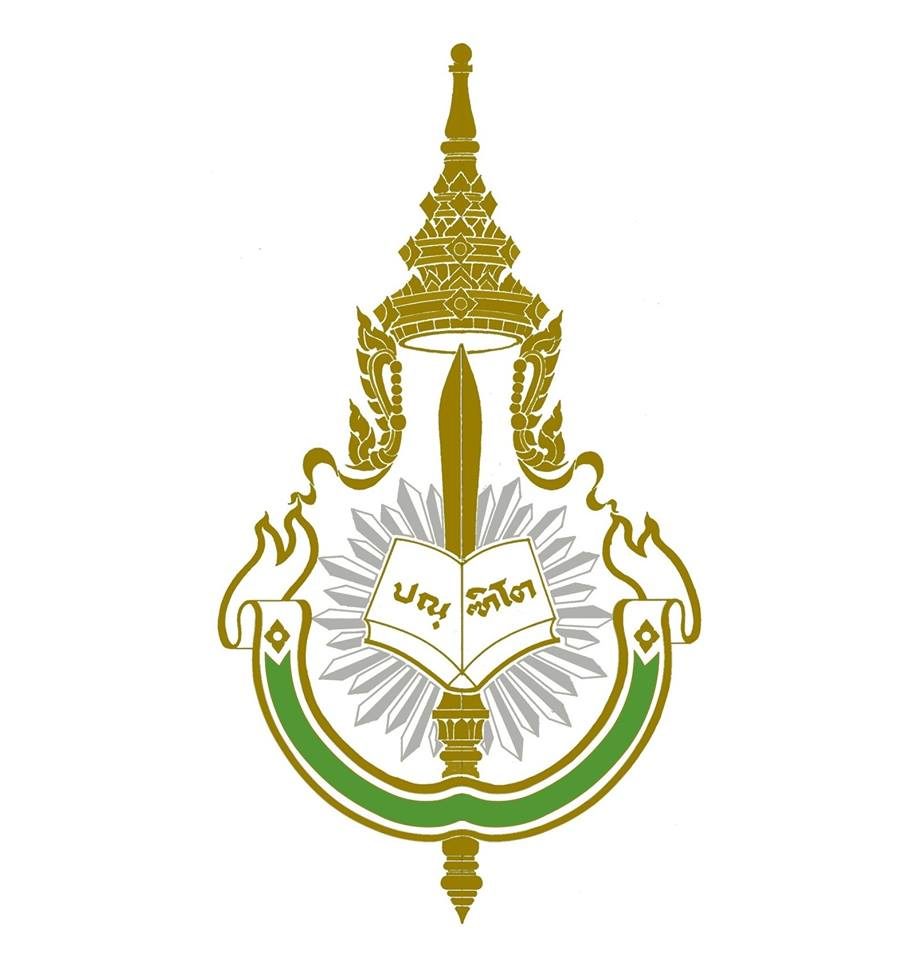Prakaykaew Charunwatthana2,
and Sasithon Pukrittayakamee1,2
1 Associate Fellow of the Royal Institute, Academy of Science
2 Department of Clinical Tropical Medicine, Faculty of Tropical Medicine,
Mahidol University, Thailand
Abstract
Malaria infection is a major global health problem causing at least 1 million deaths per year. P. falciparm parasite in many areas has developed resistance to antimalarial monotherapy. The use of antimalarial combinations will delay the onset and slow the rate of spread of resistance. WHO recommends that all countries experiencing resistance to conventional monotherapies, such as chloroquine, quinine, amodiaquine or sulfadoxine–pyrimethamine, should use combination therapies, preferably those containing artemisinin derivatives or artemisinin-based combination therapies. Other alternative combination therapies are artesunate plus tetracycline or doxycycline or clindamycin and quinine plus tetracycline or doxycycline or clindamycin.
Key words: Malaria, Combination therapy
